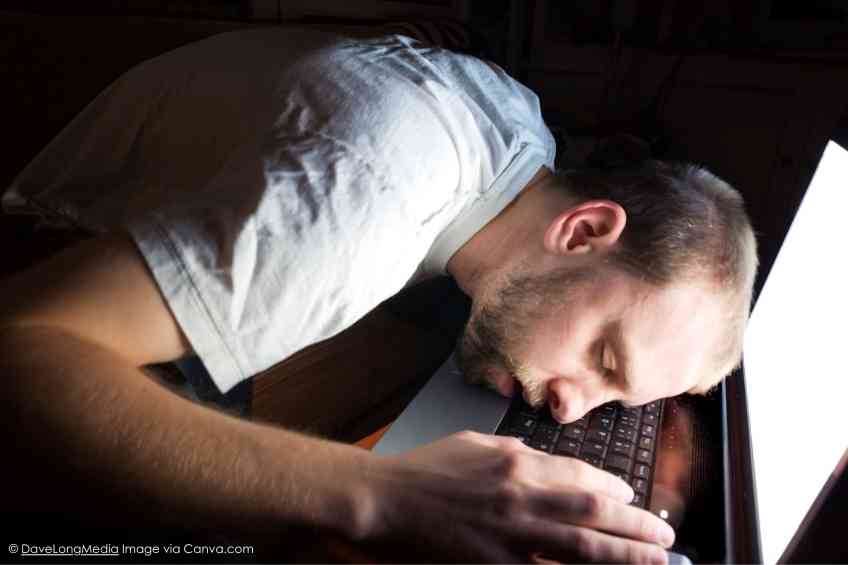By John Salak –
There is no way to know just how many people pull all-nighters for one reason or another. Students, business people, emergency workers and others are likely targets given their workloads, responsibilities and lifestyles. It is reasonable to assume that millions are involved on a limited or regular basis.
Despite the likely numbers, going without sleep usually just isn’t worth the returns. In fact, the University of Ottawa and the University of Pennsylvania warn that politicians, military generals and first responders are just some high-stress positions that should avoid making important decisions after a night without sleep.
The university researchers noted that numerous studies have already demonstrated that a lack of sleep negatively impacts neurocognitive functions, particularly vigilant attention, motor responses, inhibition control and working memory. The Canadian and U.S. team, however, decided to look further and found that a straight 24 hours without sleep significantly impacts individuals’ decision-making processes by dampening neural responses to the outcomes of their choices.
In effect, people tend to exhibit reduced positive emotions in response to winning outcomes and diminished negative emotions when faced with losses after pulling an all-nighter compared to their well-rested baseline condition.
“Common sense does dictate if people incur sleep loss, sleep disturbance or a sleep disorder that their cognitive function will be impacted, their attention and efficiency will decrease. But there is an emotional impact, too,” explained Zhuo Fang, a data scientist at the Ottawa University.
“If you experience even just one night of sleep deprivation, there will be an impact, even on a neural level. So, we wanted to combine brain imaging and behavior to see that impact,” Fang added.
The study, which examined the impact of all-nighters on 56 adults, found that one single night of no sleep significantly decreases the brain activation to win and loss outcomes, suggesting that acute sleep loss can have a dampening effect on neural responses to decision outcomes during risk-taking.
It also discovered that total sleep deprivation negatively disrupts the relationship between neural response and an individual’s risk-taking behavior, which might be related to an altered perception.
The Sleep Foundation has been quick to echo these concerns through its own research on sleep deprivation. It recommends seven hours or more of sleep nightly is required to maintain overall health.
“Pulling an all-nighter clearly interferes with meeting this goal. Skipping a night of sleep has even been found to impair a person’s speed and reaction times as much as alcohol intoxication does,” the foundation reported.










